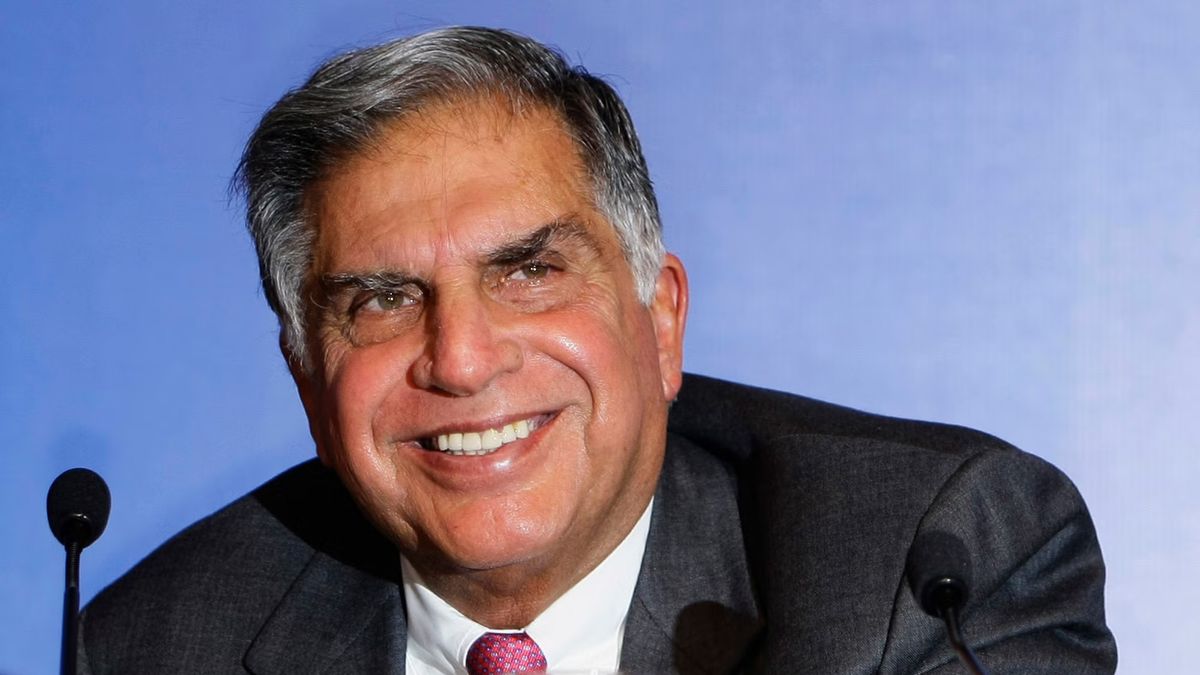Philanthropy is the act of allocating resources to improve the quality of life of others and an engine of change in societies. Ratan Tata, renowned businessman, embodied this principle and his contributions transformed not only the economy, but also education, health and well-being of millions of people in India and beyond.
Known for his humility and social commitment, Tata dedicated much of his fortune and effort to noble causes, establishing himself as an icon in both the business and philanthropic fields. This man who, beyond his financial success, left an indelible mark on the hearts of millions.
Ratan-Tata-2.jpg
On October 9, Tata died at the age of 86 and was farewelled by millions of people with tributes around the world.
Who was Ratan Tata?
This philanthropist was born in mumbai in 1937, within a prominent family of the Parsi community, followers of Zoroastrianism. His childhood was marked by family challenges, including his parents’ divorce, which led to him being raised by his grandmother. However, these difficulties did not stop his desire to improveand soon stood out in his studies. In 1962, he graduated in Architecture at Cornell Universityfinancing your stay with a low profile.
His career began in the steel workshops of Tata Groupwhere he worked in entry-level roles to understand the business from the roots. In 1991, he assumed leadership of the cconglomerate founded by his great-grandfathertransforming it into a global giant with strategic acquisitions such as Jaguar Land Rover and Tetley Tea. These decisions consolidated the company’s international presence, making it a symbol of “reverse colonialism” by revitalizing iconic Western brands.
Ratan Tata’s achievements were not limited to business. He was a fervent defender of integrity and transparency in business, staying away from scandals and political disputes. Despite some failures, such as the Tata Nano, an economy car that failed to meet sales expectations, his vision for economic and social development was clear at every step of his career.
On October 9, 2024, Tata passed away at the age of 86 in Mumbai, leaving a huge void. Thousands of people came to say goodbye to him in an emotional tribute. Political and business leaders highlighted his legacy, highlighting how his humility and commitment inspired generations. The prime minister Narendra Modi described it as “a visionary leader and an extraordinary human being”.
Ratan Tata’s humility: the millions destined for noble causes
One of the defining characteristics of Ratan was his modesty. Despite leading a multimillion-dollar conglomerate, he never allowed his success to distance him from his principles. His life was marked by simple gestures, such as having breakfast at his chain’s hotels without revealing his identity, and by a deep sense of responsibility towards others.
Much of his fortune was destined for philanthropy through the Tata Trusts, foundations that finance projects of education, health and rural development. These initiatives boost the lives of millions of Indians. For example, the Tata Memorial Hospital and Tata Institute of Fundamental Research They are emblematic institutions that have changed the landscape of research and medical care in the country.
Furthermore, his commitment transcended borders. In 2010, he donated 50 million dollars to Harvard Business School for the construction of Tata Hall, a center dedicated to executive education. He also contributed with 70 million dollars to the University of California, San Diegopromoting genetic and public health research. These actions positioned him as one of the world’s greatest philanthropists.
His philosophy was summed up in one of his most memorable statements: “It’s not about how much you have, but about how much are willing to give to make a differencein the world.” This spirit guides his legacy, reminding us that true success lies in the positive impact we leave on society.
Source: Ambito
David William is a talented author who has made a name for himself in the world of writing. He is a professional author who writes on a wide range of topics, from general interest to opinion news. David is currently working as a writer at 24 hours worlds where he brings his unique perspective and in-depth research to his articles, making them both informative and engaging.




